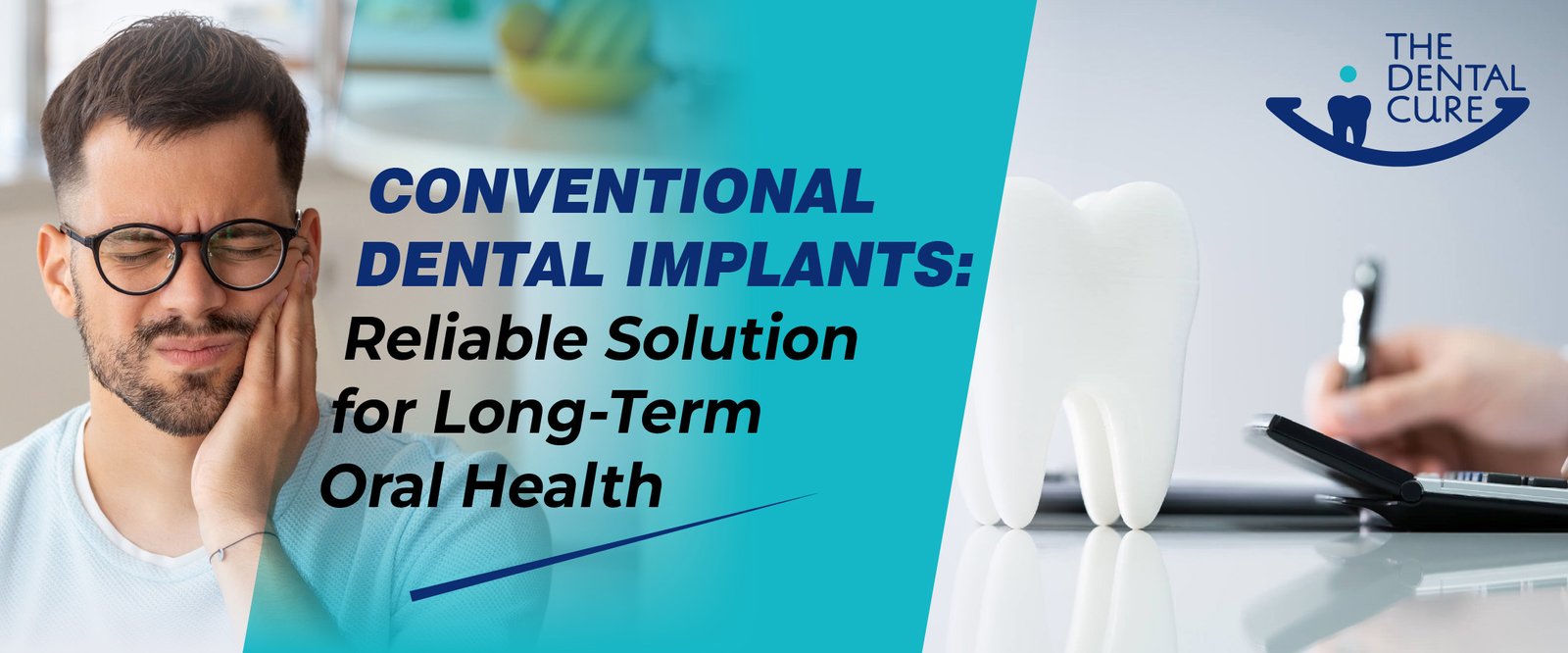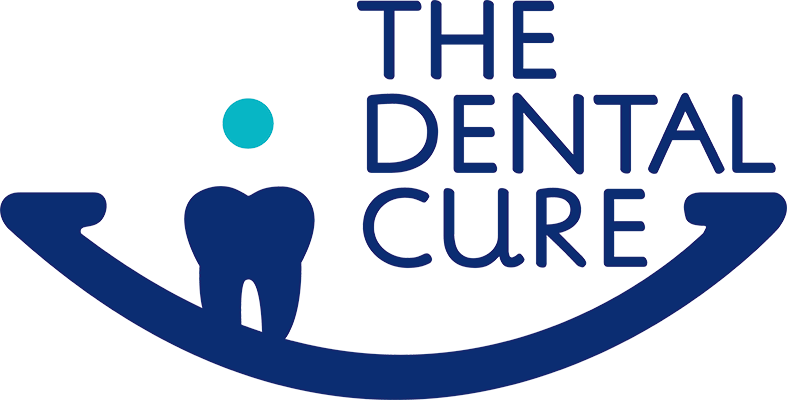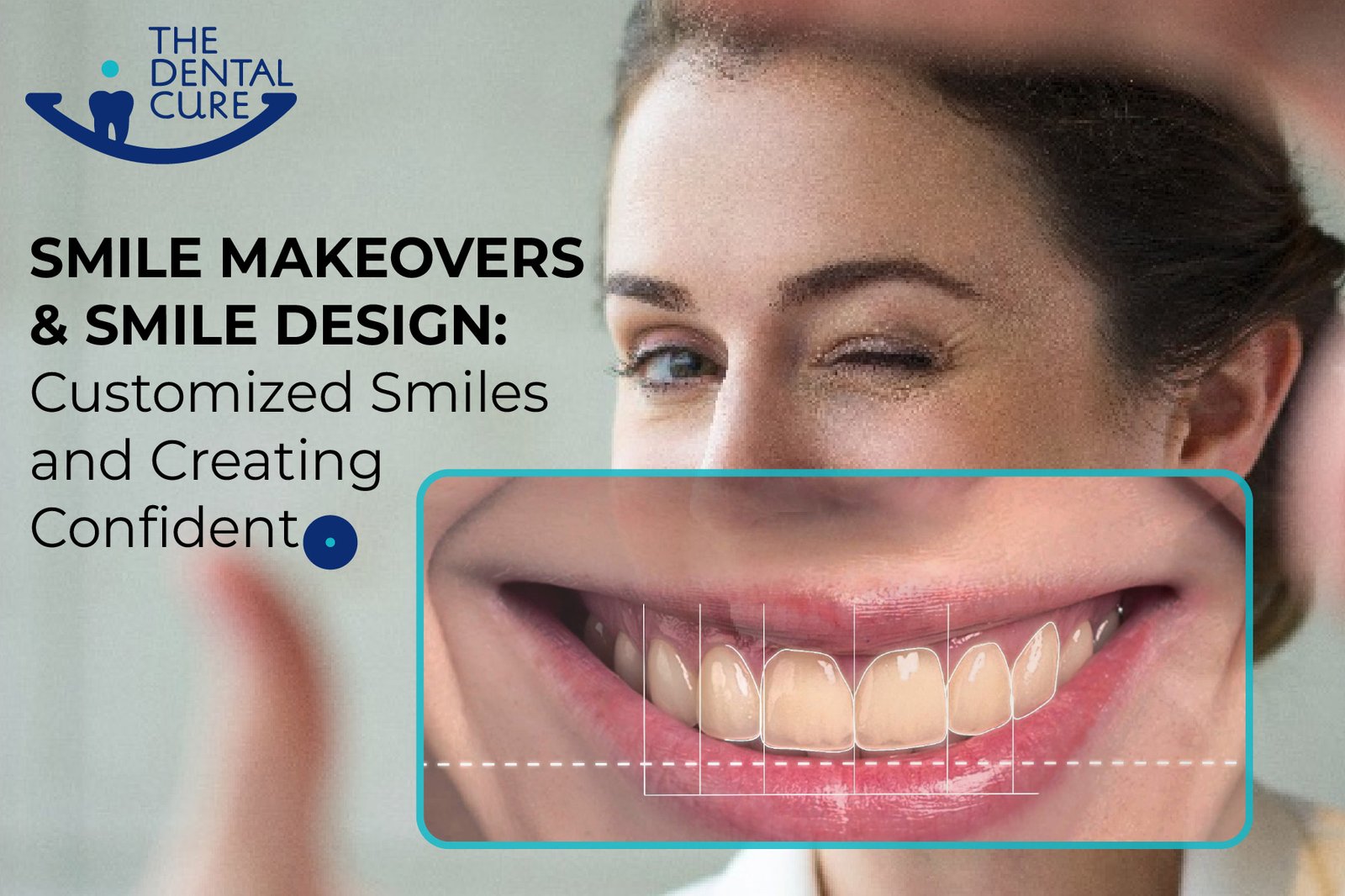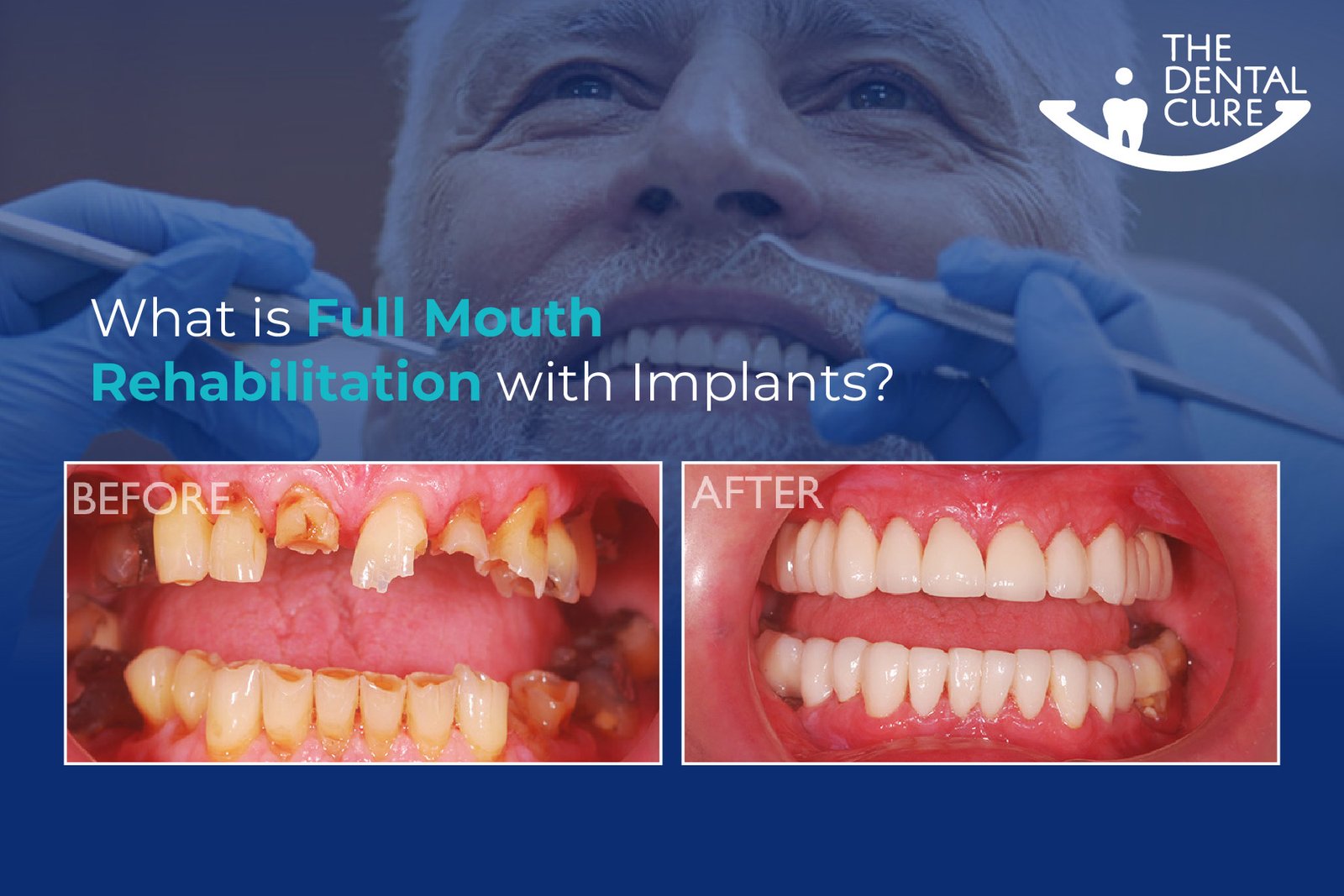 Losing a tooth is not a cosmetic concern; it can impact your confidence, ability to chew, and even your speech. The Dental Cure offers best treatment that resolves it at the root.
Losing a tooth is not a cosmetic concern; it can impact your confidence, ability to chew, and even your speech. The Dental Cure offers best treatment that resolves it at the root.
One of the most dependable and widely recommended treatments today is the Conventional Dental Implant. This method has stood the test of time, offering unmatched durability and a natural look and feel.
But how does it compare with newer options like Immediate Implants and Basal Implants? Let’s explore how each one works and why conventional implants continue to lead the way, especially in full-mouth restorations or for patients managing conditions like diabetes.
What Are Conventional Dental Implants?
When we talk about conventional dental implants, we Choose mostly classic methods to replace missing teeth. This process mimics the natural root of a tooth and supports a crown or bridge for long-term function.
Step-by-Step Process:
Initial Evaluation: A complete dental assessment is done, often using advanced scans like CBCT for CT of bone to get precise images of your jaw.
Surgical Placement: The implant is inserted into the jawbone under local anesthesia.
Healing & Osseointegration: After few months a bone grow around implant and get a stable actor
Final Prosthesis: When an implant has integrated successfully then a crown is attached to completing this restoration.
Because of this thorough process, Conventional Dental Implants offer excellent long-term results, especially for individuals with healthy bone structure.
How Are They Different From Immediate and Basal Implants?
There are different types of implants available, each best and unique each other:
Immediate Implants: These are placed on the same day as a tooth extraction. They convenient but depend on excellent bone health.
Basal Implants: These engage the denser basal bone and are often used in patients with low bone volume. They can be loaded quickly but may not be ideal every patient.
Conventional Dental Implants: it took time to complete but results were best or long lasting, making them a preferred choice for many dentists and patients.
Choosing between Conventional Dental Implants, Immediate Implants it depends on separate anatomy, health condition, or desired outcomes.
Full Mouth Implants
For patients multiple missing teeth or complete tooth loss, Full Mouth Implants offer second chance to a confident smile. In these comprehensive treatments, dentists may combine different implant types, including Conventional Dental Implants, to restore arch.
In some difficult cases, Dental uses a blend of basal and conventional implants to optimize function or aesthetics. For example, basal implants may be used in regions with bone deficiency, while conventional implants provide stability areas with adequate bone mass.
This implants approach delivers results that are both functional or visually appealing.
Dental Implants Safe for Diabetic Patients?
People with diabetes mostly worry whether they can undergo implant surgery safely. The truth is that dental implants are safe for diabetic patients, provided their condition is well-managed.
Controlled blood sugar levels reduce the risk of infection and complications during healing.
The healing phase of Conventional Dental Implants gives more time for monitoring and adjustment, which is beneficial for diabetic patients.
Regular dental check-ups and proper post-surgical care can ensure implant success even in medically compromised cases.
For those managing diabetes in medical supervision, Conventional Dental Implants offer a safe and best option for rebuilt oral function.
CBCT for CT of Bone: Why It Matters
Precision is everything when it comes to placing implants. That is why CBCT for CT of bone is now a part of the planning phase for most implant surgeries.
What is CBCT?
CBCT provides three-dimensional images of the jaw, allowing your dentist to envision bone quality, location of nerves or placement of site for implant.
Why it is important:
- Avoid complications to mapping out vital structures
- Measures bone density or thickness
- Allows best planning for Conventional Dental Implants
- Using CBCT for CT of bone ensures a safer or more successful outcome, especially for complex or full-mouth implant cases.
Why Choose Conventional Implants?
If you’re weighing your options for tooth replacement, here’s why Conventional Dental Implants might be the best fit:
Time-Tested: With decades of use and extensive research, these implants have an excellent track record.
Custom Fit: Your prosthetics are designed specifically for you, ensuring optimal comfort and aesthetics.
Durability: With proper care, they can last a lifetime.
Safer for Diabetics: The gradual healing process allows better monitoring, making them a safer option for those with controlled diabetes.
Perfect for Healthy Bone: When jawbone density is good, conventional implants integrate seamlessly.
Whether you’re considering a single implant or Full Mouth Rehabilitation With Implants, conventional options continue to be the most trusted Dental Clinic in Gurgaon.
Contact Dental Cure to Begin Your Journey
To find out if Conventional Dental Implants are the right choice for you, speak to a qualified professional at Dental Cure. Our team offers personalized consultations, state-of-the-art imaging like CBCT for CT of bone, and treatment plans that suit your health and aesthetic goals.
We also offer alternatives like Immediate Implants and Basal Implants, depending on your specific needs. Let us help you regain your confidence, comfort, and smile.
Call Dental Cure today and book your consultation. Your smile deserves expert care.







